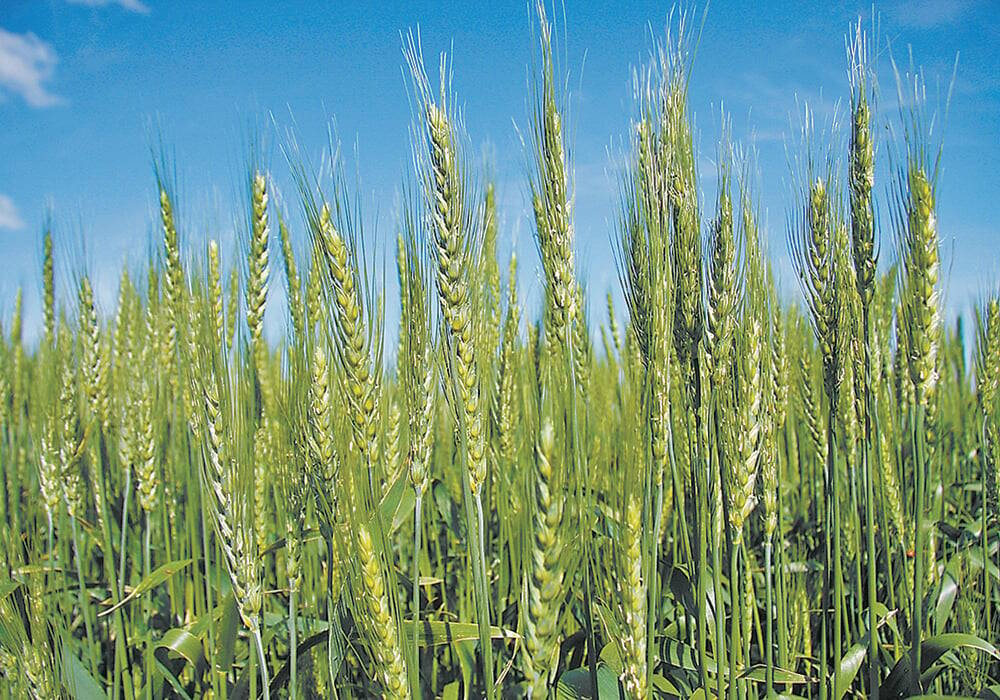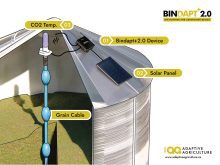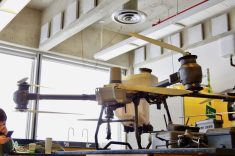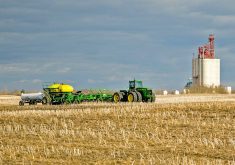Manitoba’s Composites Innovation Centre is one step closer to putting plant-based plastic alternatives into daily life, after receiving a federal grant of $860,000.
The centre will use the funding to further research and develop plant-fibre mats — like those used in the automotive industry — and develop a system of classifying fibre quality and availability.
“We’re basically looking at the properties of the fibre … that’s how we can ensure the quality is high, working with and building the supply chain,” said Sean McKay, the centre’s executive director.
Read Also

The global quest for non-legume nitrogen fixing
Nitrogen-fixing cereals? California researchers grew wheat that fixed its own nitrogen, but commercialized seed production is a long ways away
That classification system will also assist in ensuring the right type of plant fibre is readily available for industry as value chains mature, he said.
Aerospace and transportation components are considered a prime market for plant-based plastics, as are novel musical instruments, he said.
The funding will come from the Agricultural Innovation Program, which is also providing $385,000 for Prairie Pulp & Paper Inc., which recently launched a straw-based printer paper.
“This moves the marker up the field a little farther,” said company chairman Clayton Manness. “We’ve been struggling — we’ve never bounced a cheque, we’ve never been late — but our cash flow is right to the dollar. So this helps us move it along.”
The money will be used for further research and development of chlorine-free and sulphur-free paper, he said.
In the meantime, the company is gauging the popularity of its Step Forward Paper in the hope of launching new products and eventually building a manufacturing plant in rural Manitoba.
“I think we’re six months minimum, probably 12 months maximum, out from making the major decision,” said Manness.
Staples is the exclusive Canadian retailer of the paper.
“Without the marketing component, you’re going to have a hard time selling it to investors,” he said.
And investors will be key. The proposed straw paper plant would cost about $500 million. It would employ as many as 300 people, producing 215,000 tonnes of paper each year.
Between 300,000 and 400,000 tonnes of straw would also be needed each year, requiring an estimated 400 to 500 farmers to supply straw.
The company wants to up the content of its paper to 100 per cent straw content. Currently, 20 per cent of Step Forward Paper is made from Forest Stewardship Council-certified wood fibre.














